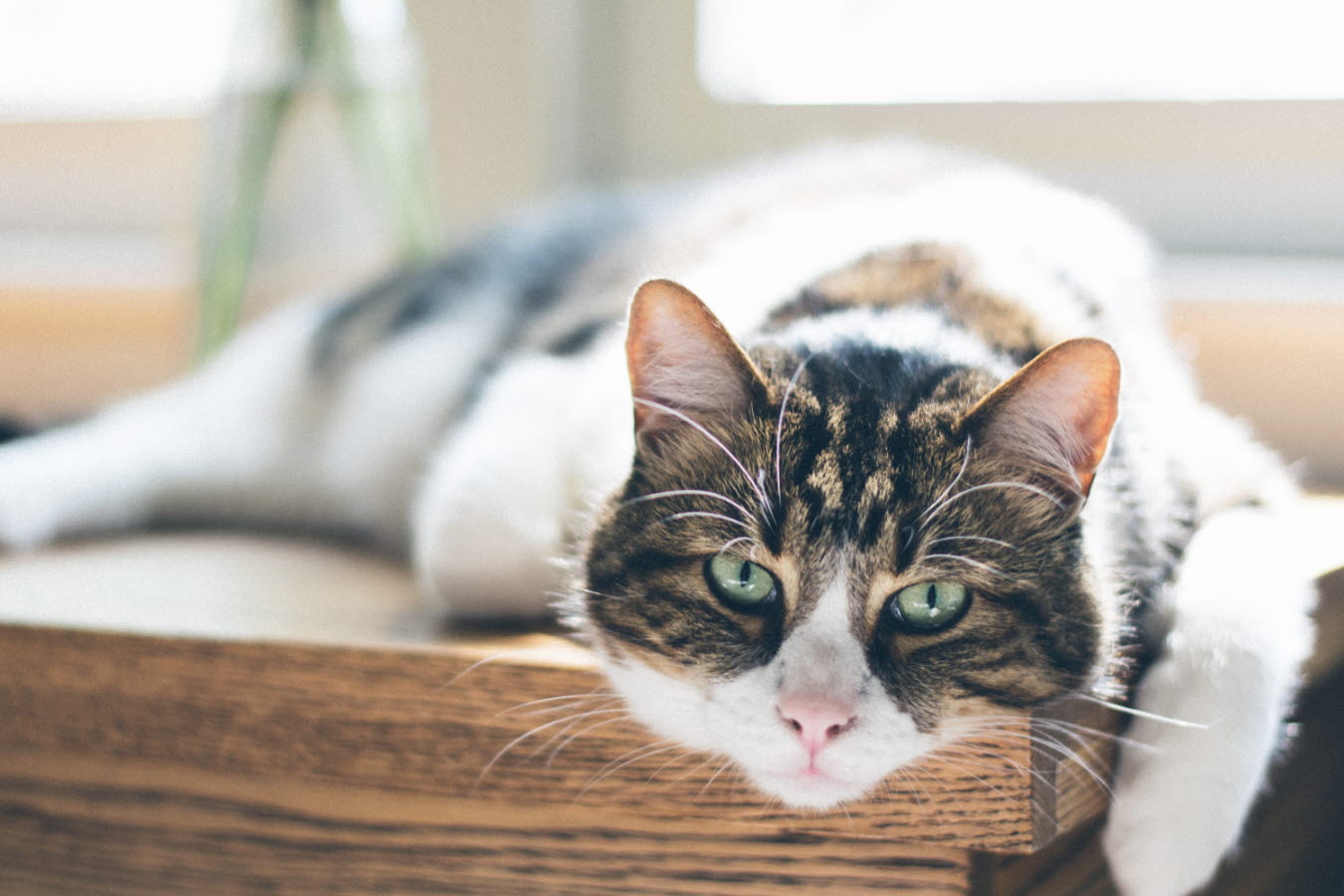Behaviour changes - don’t just chalk it up to old age!

Has your older pet been acting a little differently lately? Very often, we attribute behavioural changes in our pets to them becoming 'stubborn', 'lazy' or 'grumpy' with age. However, it’s important to recognise that there are a vast number of medical conditions which have the potential to affect your pet’s temperament or behaviour, many of which can benefit from veterinary treatment!
Is your pet being 'grumpy'?
Elderly pets can appear “grumpy” if they are suffering from a painful condition. Cats and dogs more than eight years old commonly suffer from arthritic joint pain (which can worsen over winter), which may cause them to defensively bite or scratch if their owners unintentionally cause discomfort during normal handling or grooming. Other common types of “hidden” pain in older animals include dental disease, neck or back pain, and ear disease. Addressing these causes of pain will improve your pet’s quality of life, as well as their temperament!
It’s also quite common for elderly cats to become temperamental with hyperthyroidism (a hormonal imbalance condition that causes their metabolism to run too fast). This condition can cause high blood pressure, and damage to the brain, eyes, heart and kidneys, so is best diagnosed and managed as early as possible.
Is your pet being 'lazy' or 'stubborn'?
Owners frequently report their elderly pet becoming sluggish, or failing to respond to verbal commands. Whilst this could be your pet just becoming more strong-willed or sedentary as they reach their 'golden oldie' stage, it can also suggest underlying medical conditions such as deafness or general unwellness.
Deafness may be caused by harmless age-related deterioration of the ears or auditory nerves, but it can also be caused by treatable ear infections.
General medical conditions such as kidney disease, liver disease, or heart disease can also cause your pet to feel tired or a bit nauseous, and therefore less active and even a bit ‘grumpy’. These conditions are all best diagnosed and managed as soon as possible.
Additionally, previously well-trained pets can show confusion or a loss of their learnt behaviours (such as toilet-training) due to the onset of age-related brain issues such as dementia, or because of poor vision.
What can I do to help my pet?
If you notice any obvious behavioural changes in your pet, it’s best to book them in for an assessment with your veterinarian. Your vet will carry out a thorough physical examination to check for any signs of conditions which may be affecting your pet’s behaviour. They may also suggest further testing to help diagnose any suspected issues, such as blood and urine testing, blood pressure checks, or x-rays of joints.
Sometimes it can be tricky to detect behavioural changes in elderly pets, as they may develop gradually over several weeks to months, mimicking the effects of natural ageing. Therefore, it’s a great idea to book all pets over the age of eight years for a veterinary check-up every 6-12 months, as this can help ensure more subtle health issues are picked up sooner.
If your veterinarian does detect a medical issue that may be affecting your pet’s behaviour, they will be able to recommend treatment or supportive management options which can help your pet to feel as comfortable as possible into their twilight years. This will ensure that your pet enjoys the best quality of life.
